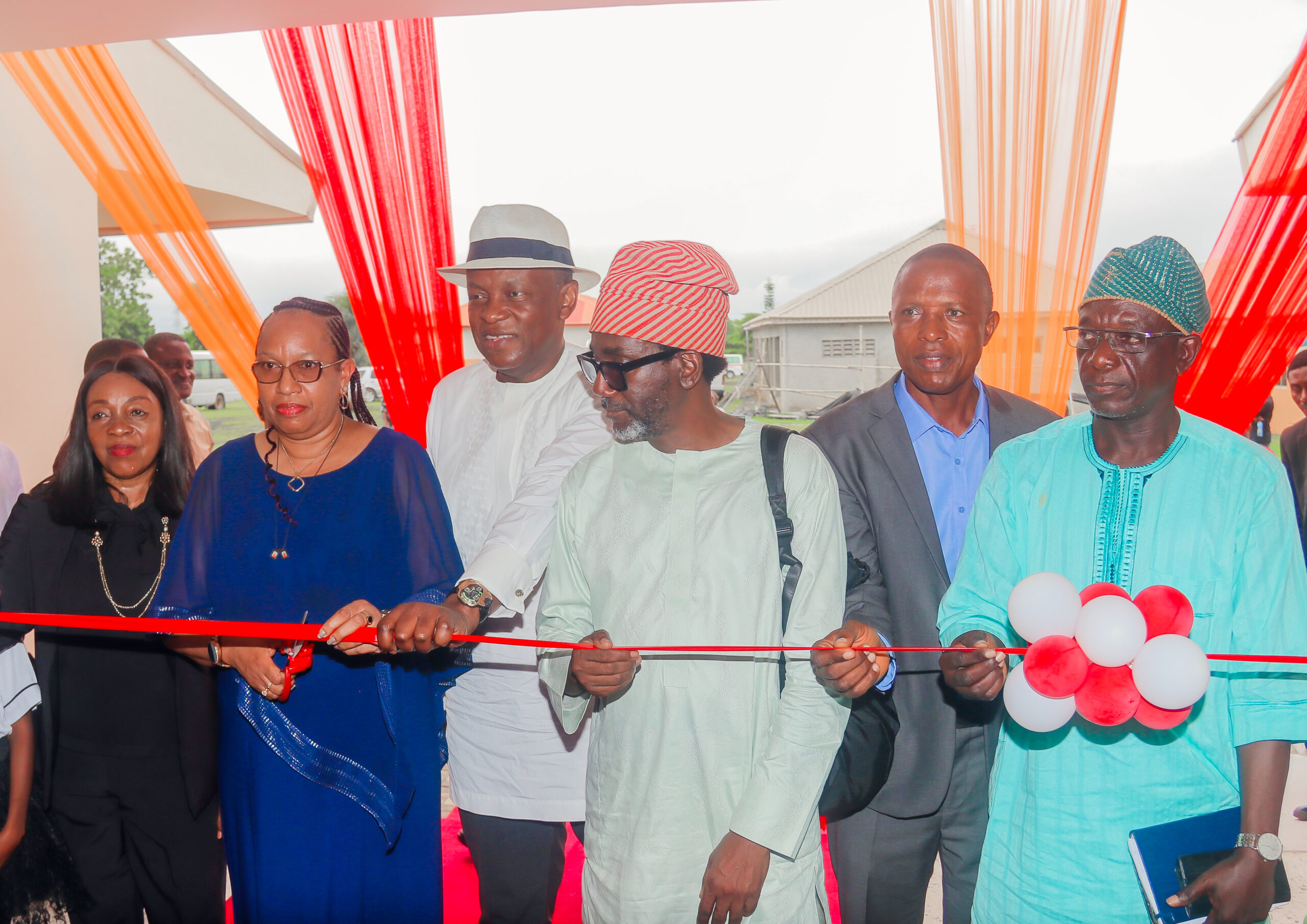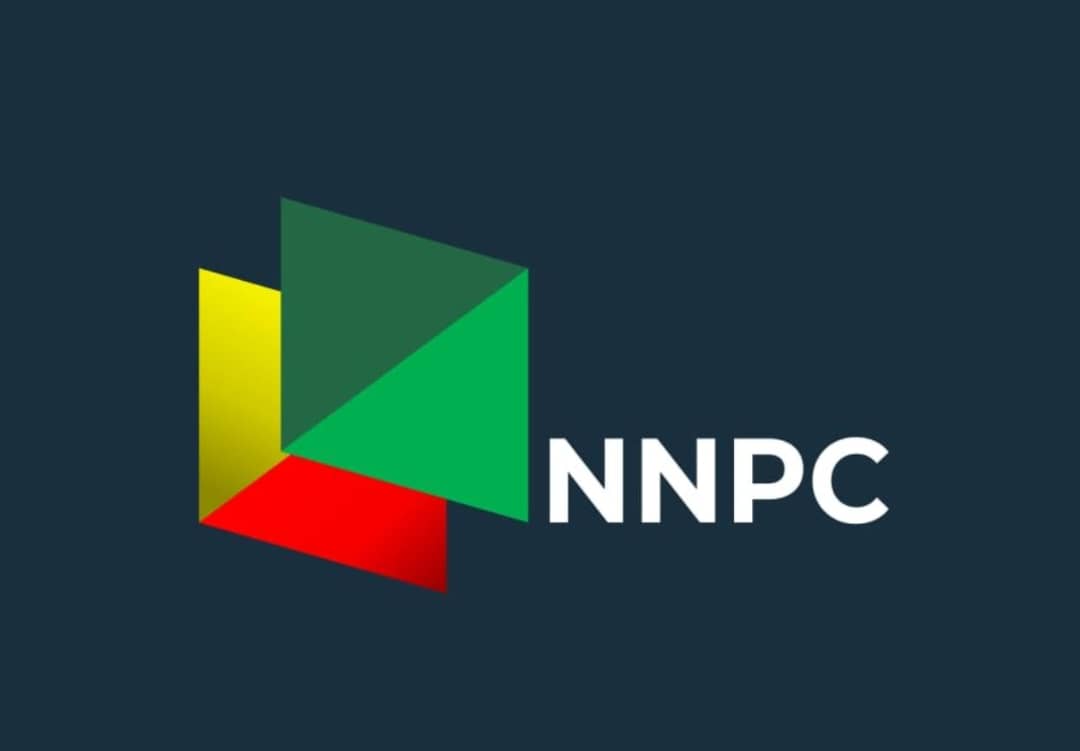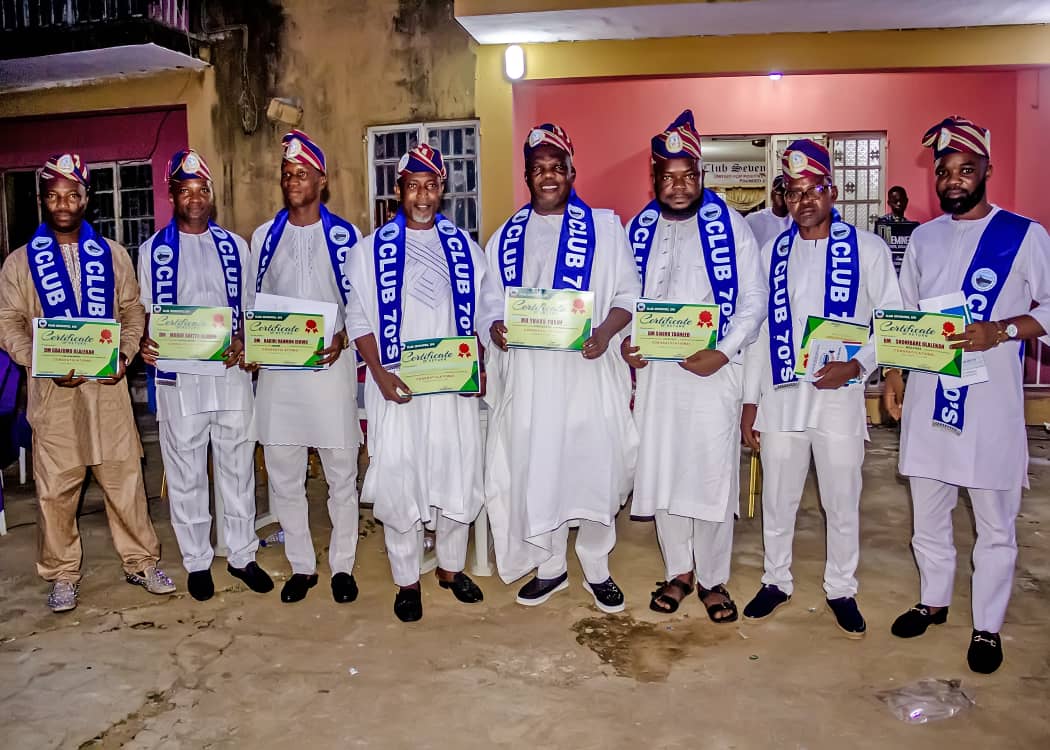
Planned Two-month Power Outage Unacceptable,Ekiti Govt Tells BEDC
Mohammed Shosanya The Ekiti State Government,has rejected the planned outage of electricity for 23 days out of the two months of July and August by the Benin Electricity Distribution Company (BEDC),stressing that














